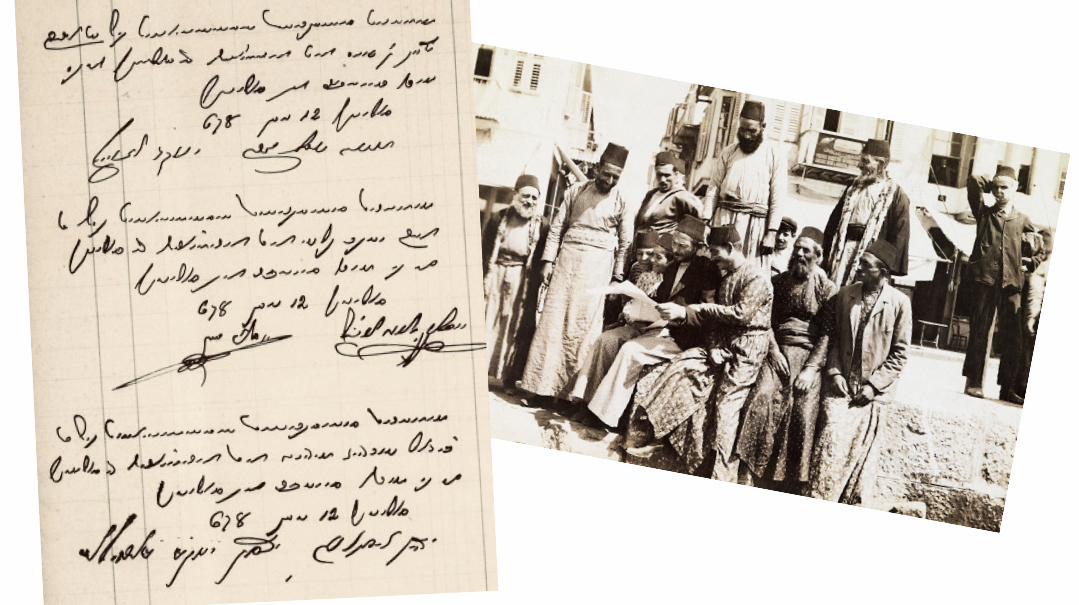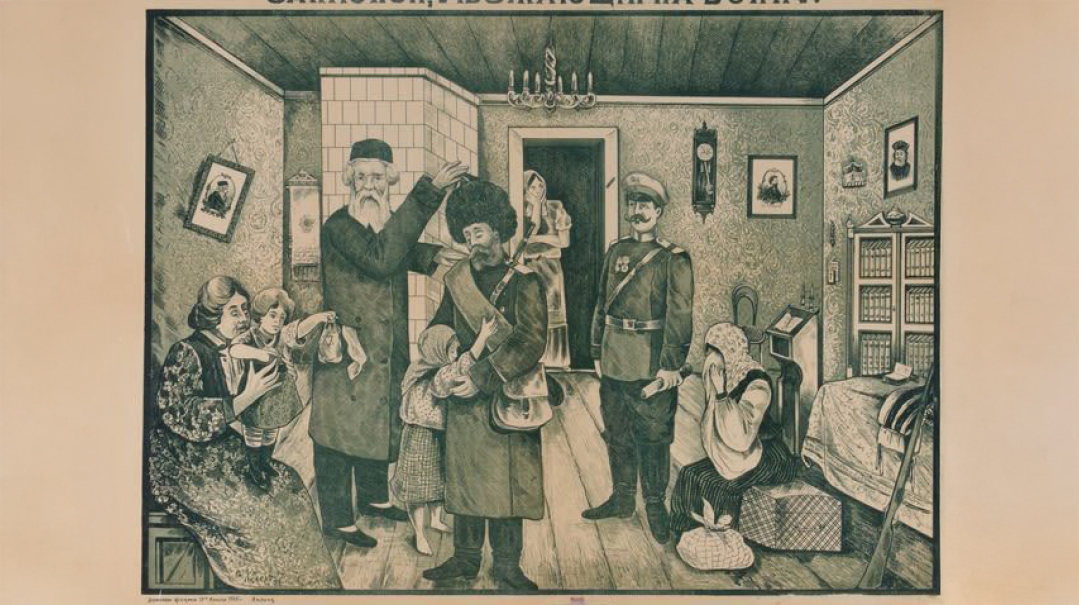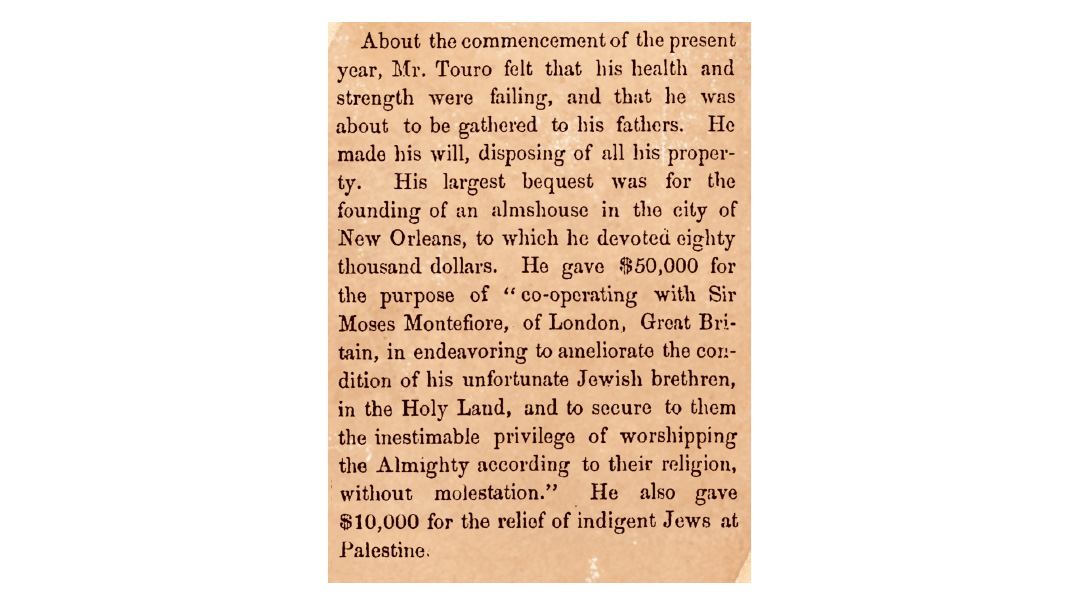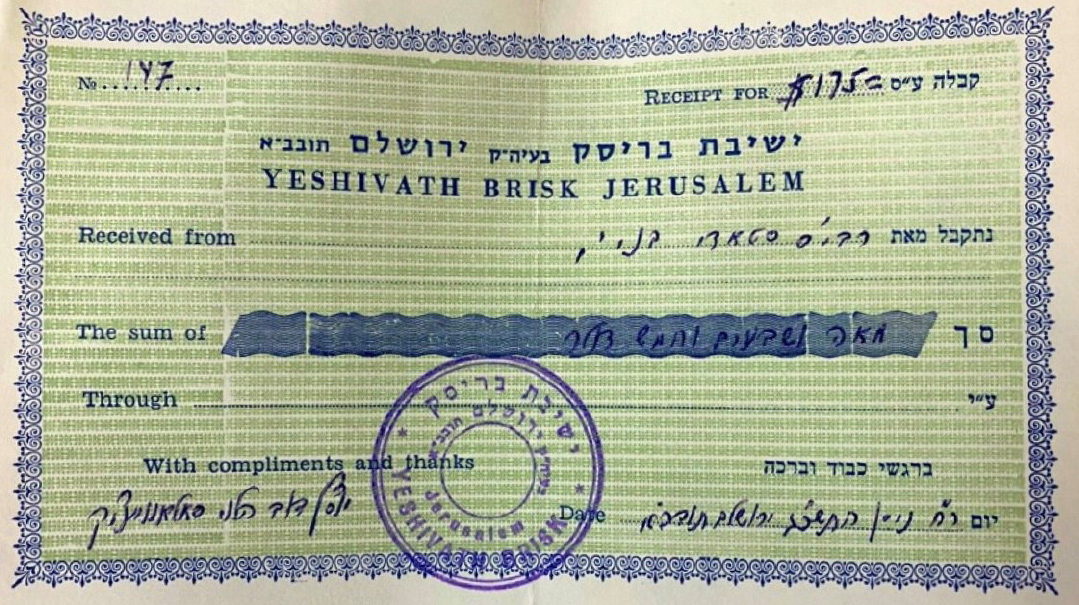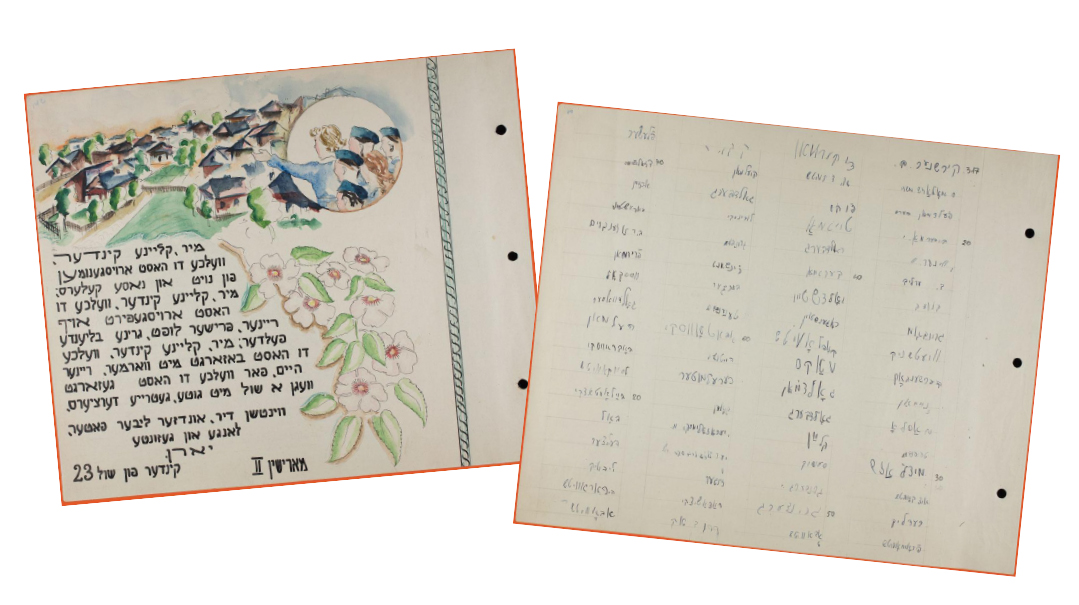The Father of America’s Yeshivos
| August 15, 2023“If one sets out to produce only generals, who knows if there will be any soldiers?”
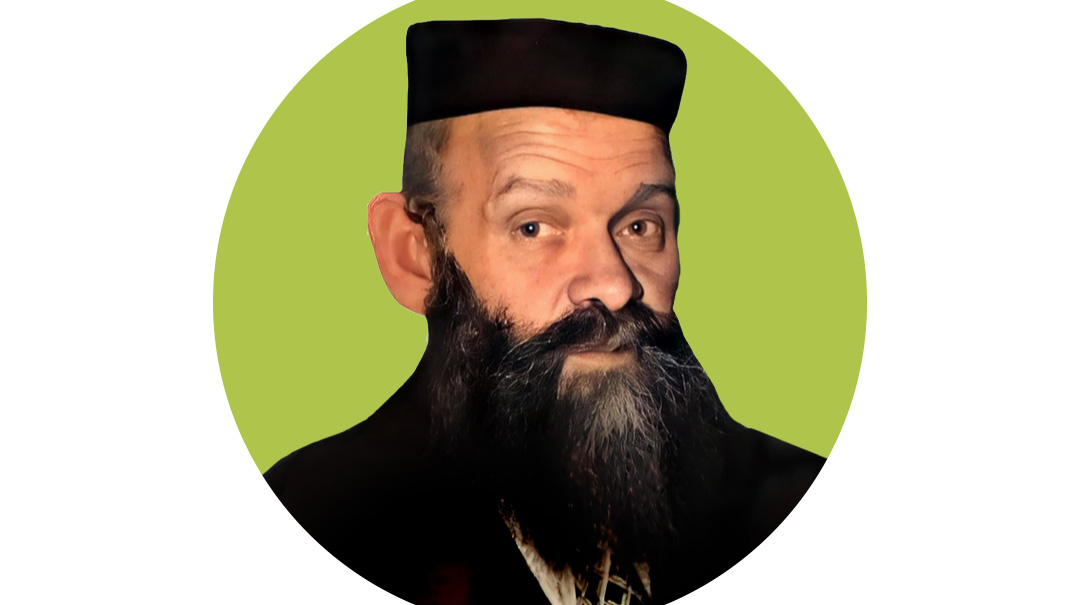
Rav Shraga Feivel once told a talmid that his goal was to produce soldiers, not generals. “If I produce a thousand soldiers,” Rav Shraga Feivel remarked, “I know that out of that group will come a certain number of generals. But if one sets out to produce only generals, who knows if there will be any soldiers?”
The students and protégés of Rav Shraga Feivel Mendlowitz who followed him into Torah Umesorah weren’t professional school builders. They were articulate and educated, innovative and dedicated — traits that Reb Feivel knew were necessary for the tedious task of winning over American Jewry to the day school idea. It would be the extended personal contacts and spadework on the local fronts that would build the schools, and these workers had the talent and the much-needed patience. It was an awesome responsibility whose personal reward was not material but spiritual, but “it was a duty that came naturally and was expected of any talmid of Reb Feivel.”
—Rabbi Ephraim Wolf
IN1886, just as New York City’s first yeshivah, Etz Chaim, was opening, Shraga Feivel Mendlowitz was born in the small Austro-Hungarian town of Világ (today Svetlice, Slovakia). While he was raised in a chassidic environment, he was exposed to both traditional and modern Jewish teachings.
His education under such renowned Torah scholars as Rav Moshe Greenwald in Chust, Rav Shmuel Rosenberg in Unsdorf, and Rav Simcha Bunim Schreiber (the Shevet Sofer) in Pressburg set the stage for his lifelong commitment to chinuch. However, his early influences ranged wider than those of the average Hungarian yeshivah student. He eagerly devoured the teachings of mussar, Kabbalah, Jewish history, and the works of Rav Samson Raphael Hirsch, the last of which would have a profound impact on his educational philosophy.
Having come to the United States in 1913 at the peak of the great immigration, he settled in Scranton, Pennsylvania, where he taught at the local Talmud Torah. By 1920 he was able to bring his family over from Europe, and they relocated to New York City. Two years later, he was offered a role at Yeshivah Torah Vodaath, a full-day elementary school that had been established in Williamsburg in 1917.
Mr. Mendlowitz (as he insisted on being called) was hired by the school’s co-founders, Reb Binyamin Wilhelm and Reb Bentzion Weberman, over the objections of members of the board of directors who preferred a more modern-looking and progressive figurehead.
That position would change soon enough. In his expansive 1976 monograph of Torah Umesorah, Rabbi Dr. Daniel Kramer writes:
Reb Feivel soon proved to be the ideal choice — an excellent pedagogue and a good administrator. He was a man who brought to life the subject matter taught and translated it into a meaningful and memorable experience. His warmth and sincerity endeared him to his students and their parents.
In 1926 he established the Mesivta, and shortly thereafter a post-high-school yeshivah as well. Those would be followed by the establishment of Camp Mesivta in 1931. Following the camp season, he was diagnosed with tuberculosis, and was told to spend several months in the Catskills, where the mountain air would facilitate his recovery. He spent the extended period in relative solitude contemplating the American Jewish scene; his thinking would lead to a revolution in American Orthodoxy.
The cornerstone of Rav Shraga Feivel’s vision was the establishment of a network of day schools across North America. As of 1936, there were only a handful of yeshivah day schools in New York City, and just one outside the greater metropolitan area — Talmudical Academy in Baltimore, founded by Rabbi Avraham Nachman Schwartz.
Reb Shraga Feivel realized this task would require immense preparation and manpower. He sought to achieve this by grooming some of his most talented and devoted students to become the organizers, administrators, and educators who would build and sustain the institutions he envisioned.
This effort would require a physical setting, so Rav Shraga Feivel purchased a residence in Spring Valley, New York. In 1943, he opened the Aish Dos teacher’s seminary under the guidance of Rav Simcha Wasserman and Rav Shamshon Raphael Weiss, the former director of the Wurzburg Teachers Seminary. Aish Dos offered advanced Torah study and educational training and instilled the values of dedication and sacrifice.
Prominent students of this institution included Rabbis Bernard Goldenberg, Alexander Gross, Avraham Abba Freedman, Manis Mandel, Herschel Mashinsky, Moshe Weitman, Ephraim Wolf, and ybdlch”t Rav Moshe Wolfson, to name just a few. They would play crucial roles in building Jewish education in communities across America. Although Aish Dos lasted less than two years, it ultimately led to the creation of Torah Umesorah in 1944. The organization chose “A day school in every community” as its motto, perhaps echoing Herbert Hoover’s campaign slogan “A chicken in every pot.”
Yonoson Rosenblum’s classic biography Reb Shraga Feivel describes how the barren wilderness of America gave rise to Torah Umesorah:
The transformation of American Jewry that Rav Shraga Feivel envisioned depended on the creation of a cadre of teachers who burned with a sense of mission. He once sent Rabbi Alexander Gross, later one of the founders of Torah Umesorah, to a distant community for the Yamim Noraim. When he returned, Reb Shraga Feivel asked him how many Sabbath observers he found there. Rabbi Gross expressed doubt that there was even one fully shomer Shabbos Jew.
“And when you realized that,” Rav Shraga Feivel asked him in amazement, “didn’t you cry bitterly?” Only those capable of crying over the state of American Jewry, he said, would be able to change it.
Torah Umesorah organized a “rabbinical administrative board” that was comprised in its early years of Rav Moshe Feinstein, Rav Reuven Grozovsky, Rav Yitzchok Hutner, Ravi Yaakov Kamenetsky, Rav Aharon Kotler, Rav Avraham Yafen, Rav Elya Meir Bloch, Rav Mendel Zachs, Rav Yaakov Yitzchok Ruderman, Rav Dovid Lifshitz, and Rav Yaakov Moshe Lessin. (Minutes from early meetings show that Rav Aharon also attempted to recruit Rav Joseph Ber Soloveitchik to join.)
The board’s primary function was to ensure that the organization and its schools operated according to halachah (which was a real challenge in many locales), but it was also involved in fundraising and policy issues. Rav Shraga Feivel was the organization’s leader in both body and spirit and often consulted the rabbinical board on policy. Promotional material for Torah Umesorah’s inaugural conferences and dinners made no mention of the man who made it all happen, which was exactly how he wanted it. He took great pride in his students Rabbis Bernard Goldenberg and Alexander Gross, who joined Dr. Joseph Kaminetsky at the helm of the organization.
It was not Rav Shraga Feivel but Rav Aharon Kotler who addressed the inaugural dinner in late 1945, speaking passionately of Torah Umesorah’s value to the future of Jewish life in America. He stressed that Torah Umesorah is partisan only in the sense that it is dedicated to the reestablishment of Torah and mitzvos as guiding principles of Jewish life and living.
Rav Aharon’s speech was followed by that of a young Mr. Moses Feuerstein, son of Torah Umesorah’s founding president, Mr. Samuel Feuerstein. He contrasted true Torah education with current events, asserting that, “Whereas the world is now engaged in destroying itself with bombs, we, the Jewish people, are struggling to make possible the existence of a better world by our atomic energy, the light of Torah.”
Rav Shraga Feivel’s role in the growth of the American Torah world is perhaps best summed up by a midrash he often shared with his students:
And Hashem declared to the Prophets: “Do not labor under the illusion that should you refuse to do my bidding… When there is no one else, my mission can be accomplished by a mere gnat, a lowly snake, or a croaking frog.”
He may have been a general with an army of students who changed the trajectory of American Orthodoxy, but in his mind, he preferred to be that frog, arousing American Jewry and then running off into anonymity to work on his next project.
As we commemorate Rav Shraga Feivel’s 75th yahrtzeit, it’s befitting to cite Rav Moshe Feinstein’s tribute. “We are obligated to apply the Gemara’s statement [Bava Basra 21a] regarding Rav Yehoshua ben Gamla in respect to Rav Shraga Feivel. ‘May this person be remembered for good’ — for if not for Rav Shraga Feivel Mendlowitz, there wouldn’t be limud haTorah or yiras Shamayim in America. He was the father of all bnei Torah in America, in this generation and in generations to come.”
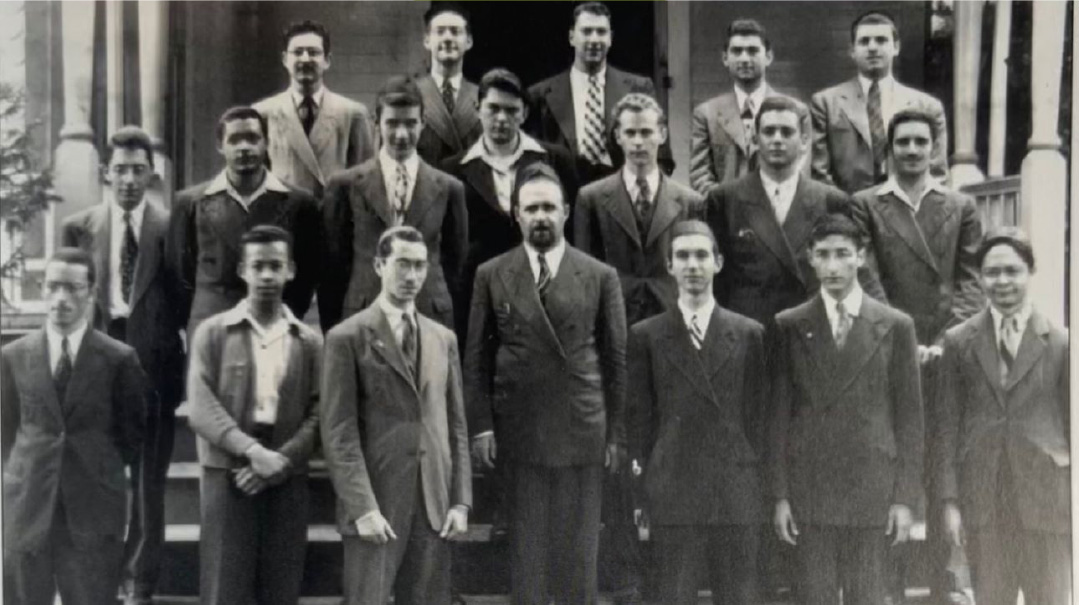
Rabbi Simcha Wasserman, with Aish Dos participants. Front row (R-L): Rabbi Meyer Lubin, Rabbi Moshe Wolfson, Rabbi Berel Schwartz, Rabbi Wasserman, Zissel Walkenfeld, Rabbi Shmuel Mendlowitz, Rabbi Sholom Goldstein. Second row: Meyer Strassfeld, Rabbi Yisroel Spinner, Rabbi Moshe Weitman, Rabbi Shlomo Weinberger, Rabbi Heshie Mashinsky, Yitzchak Schwinder, Rabbi Avrahom Abba Friedman. Top row: Rabbi Abish Mendlowitz, Rabbi Eliyahu Moshe Shisgal, Lennie Kestenbaum, Rabbi Milton Terebelo, Rabbi Mendel Eller
Early Influences
Rav Shraga Feivel considered Rav Shmuel Rosenberg, author of Be’er Shmuel, to be his primary influence, but he’d point to his years in Chust as an important part of his development. It was there as a 16-year-old that he became well-versed in mikvaos; his knowledge of the difficult subject helped Rav Greenwald prepare the final drafts of that section in his magnum opus, Arugas Habosem. He also cited Chust as the source of his chassidic warmth and, perhaps unknowingly, his marching orders. In his ethical will, later printed in Hachanah D’Rabah, the Arugas Habosem specified the expectations he had of his sons (and thus his students) as future educators:
Anyone among you who will be worthy by the grace of G-d to attain a pulpit, I command him to establish a yeshivah, and nothing must hinder you from this awesome obligation, even if one of you may find himself in a small town with a tiny Jewish community. Each yeshivah must meet the needs of the specific community whose population it is to serve….
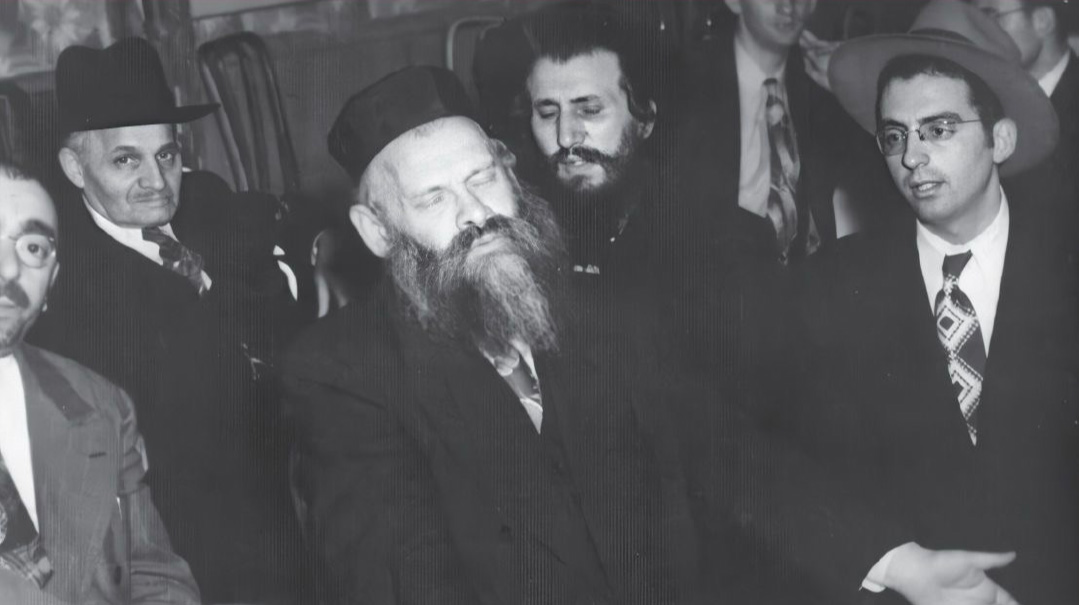
Rav Shraga Feivel infused Torah Vodaath with the spirit and warmth of chassidus. He especially appreciated Tanya, the classic work by Rav Shneur Zalman of Liadi, studying it intensively with commentaries. He had the yeshivah omit Tachanun on 19 Kislev, the date on which the Baal HaTanya was released from prison in 1798, still observed as a Yom Tov by Lubavitcher chassidim. Rav Shraga Feivel even instructed his student, Rabbi Harold Leiman, to name his son after the Baal HaTanya — at the moment of krias hasheim, at the bris. Professor Shnayer Leiman would later recount this story to show the extent of Rav Shraga Feivel’s reverence for the Baal HaTanya
Der Alter fun America
Rav Shraga Feivel’s personality was eerily reminiscent of another iconic 20th-century builder of Torah — Rav Nosson Tzvi Finkel, the Alter of Slabodka, who also built leaders while keeping a low personal profile. Rav Shraga Feivel insisted on being called Mr. Mendlowitz (the Ponevezher Rav famously referred to him as “Mister Nistar”), and he made sure his name rarely appeared in connection with his activities on behalf of Yeshivah Torah Vodaath or Torah Umesorah, or in his hundreds of columns in Dos Yiddishe Licht — his short-lived attempt to publish a “Torah-true” newspaper, along with Rabbi Herbert Goldstein, Rabbi Leo Jung, and others.
Another parallel to the Alter of Slabodka can be seen in Rav Shraga Feivel’s willingness to share his students with other fledgling yeshivos to help build them. He sent some of his best students to study under Rav Yehuda Levenberg in New Haven, Rav Aharon Kotler in Lakewood, Rav Elya Meir Bloch and Rav Mottel Katz in Telshe Cleveland, and Rav Avraham Yafen in Yeshivah Beth Yosef (Novardok).
The roshei yeshivah at Torah Vodaath complained after Rav Shraga Feivel dispatched several top students to Lakewood. He was unapologetic. “Our task is to cause Torah to flourish, and Rav Aharon can’t teach students of a lower caliber.”
Rav Aharon in turn paid tribute to this sacrifice: “Who can compare to him? His every action is l’sheim Shamayim!”
Sharing the Wealth
Equally impressive was his readiness to share his supporters. When Rav Shraga Feivel heard that Yeshivah Chaim Berlin was in financial trouble, he told Judah Falik and Alex Fruchthandler, “You’re no longer board members of Torah Vodaath. Now you belong to Yeshivah Chaim Berlin. They need you.”
This magnanimous gesture paid dividends; the Fruchthandler family shoulders the responsibility for Yeshivah Chaim Berlin to this day. When Rav Avraham Kalmanowitz opened the Mirrer Yeshivah, Rav Shraga Feivel offered him the names and addresses of all the supporters of Torah Vodaath. He collaborated with Rabbi Leo Jung to obtain sums for the Klausenburger Rav, the Satmar Rav, and Rav Michoel Ber Weissmandl.
In 1945, he and his son-in-law Rabbi Sender Linchner solicited Isaac Shalom for a donation to Torah Umesorah. Shalom, a Syrian Jew, was a wealthy handkerchief manufacturer and Torah philanthropist. After pledging $5,000, then an enormous sum, he began to cry as he described the plight of Sephardic children in the Middle East and Levant.
Rabbi Mendlowitz immediately told Shalom to forget his pledge to Torah Umesorah, urging him to give the money instead to Otzar HaTorah (an organization he helped found to build Torah centers throughout the Sephardic world). Rav Shraga Feivel then took out his own checkbook and wrote a generous check to Otzar HaTorah. He also instructed Dr. Joseph Kamenetsky, the director of Torah Umesorah, to assist in organizing Otzar HaTorah.
This Sunday, 3 Elul, marks Rav Shraga Feivel’s 75th yahrtzeit.
The research and writings of Rabbi Daniel Kramer, Aharon Sorasky, Moishe Niehaus, Yonoson Rosenblum, and Rabbi Zev Dunner, Rabbi Dov Loketch and Rabbi Shimon Finkelman were used to prepare this article.
(Originally featured in Mishpacha, Issue 974)
Oops! We could not locate your form.

